It can be draining just reading about the chaos brought about by global risks that continue to hit the headlines; from Houthi Rebel strikes in the Red Sea to ongoing speculation about Chinese intentions towards Taiwan, to the potential fallout from “the year of elections”.
That said, being on the sharp end of having to respond to some of these events is a different matter entirely, and it’s a situation that many in the Procurement Leaders community find themselves in constantly.
So it was that we hosted a reactive CPO Connect call last week to explore the Middle East crisis, the potential impact of Taiwan and other global risks, as well as how CPOs and their teams are responding.
Our members are on the frontline when it comes to preparing for and managing the impact of such events, with one CPO sharing how diverting supplies from the Red Sea is adding two to three weeks to shipping times – which is having a significant effect on costs.
This type of impact has been well publicised, but fewer headlines are being devoted to how procurement functions are mitigating the risk.
Happily, some insights into the tactics being deployed were shared during the call – and the predominant trend centred again on how long-term, trusted relationships are crucial to navigating choppy waters.
One participant shared how contracts had remained stable and prices hadn’t increased thanks to longer-term relationships being in play. Another, meanwhile, detailed how they were funding the build-up of supplier inventory to the tune of tens of millions of dollars to provide financial support and build a buffer to potential disruption.
What do we mean by a trusted relationship? Longer-term contracts, top-to-top engagement, a win-win mindset of mutual benefit, as well as transparency and openness. I could go on, but it’s probably more important to be clear on which suppliers it makes sense to build such a relationship with.
This comes down to good, old-fashioned segmentation or, as one participant shared, through having a data-backed understanding of supplier criticality, such as time-to-survive and time-to-recover, preferably through a lens of revenue and Ebitda.
After all, knowing how much of your profit margin is linked to particular supplier or sub-tier supplier could do wonders for your CEO’s state of mind.
Dire straits
Discussing the risks associated with Taiwan on the call was a sobering experience, with there no doubts as to the magnitude and importance of the island to global business. CPOs should scenario plan for what impact rising tensions might have, especially with the possibility of tightening regulation and potential embargos being put in place in response to Chinese action.
While none of those on the call believed that a Chinese invasion was likely within five years, all agreed that the landscape will evolve, bringing with it unique challenges to global supply chains and semiconductor markets.
To receive weekly insights from the Procurement Leaders community, sign up to the CPO Crunch newsletter using the link at the top of this page





















